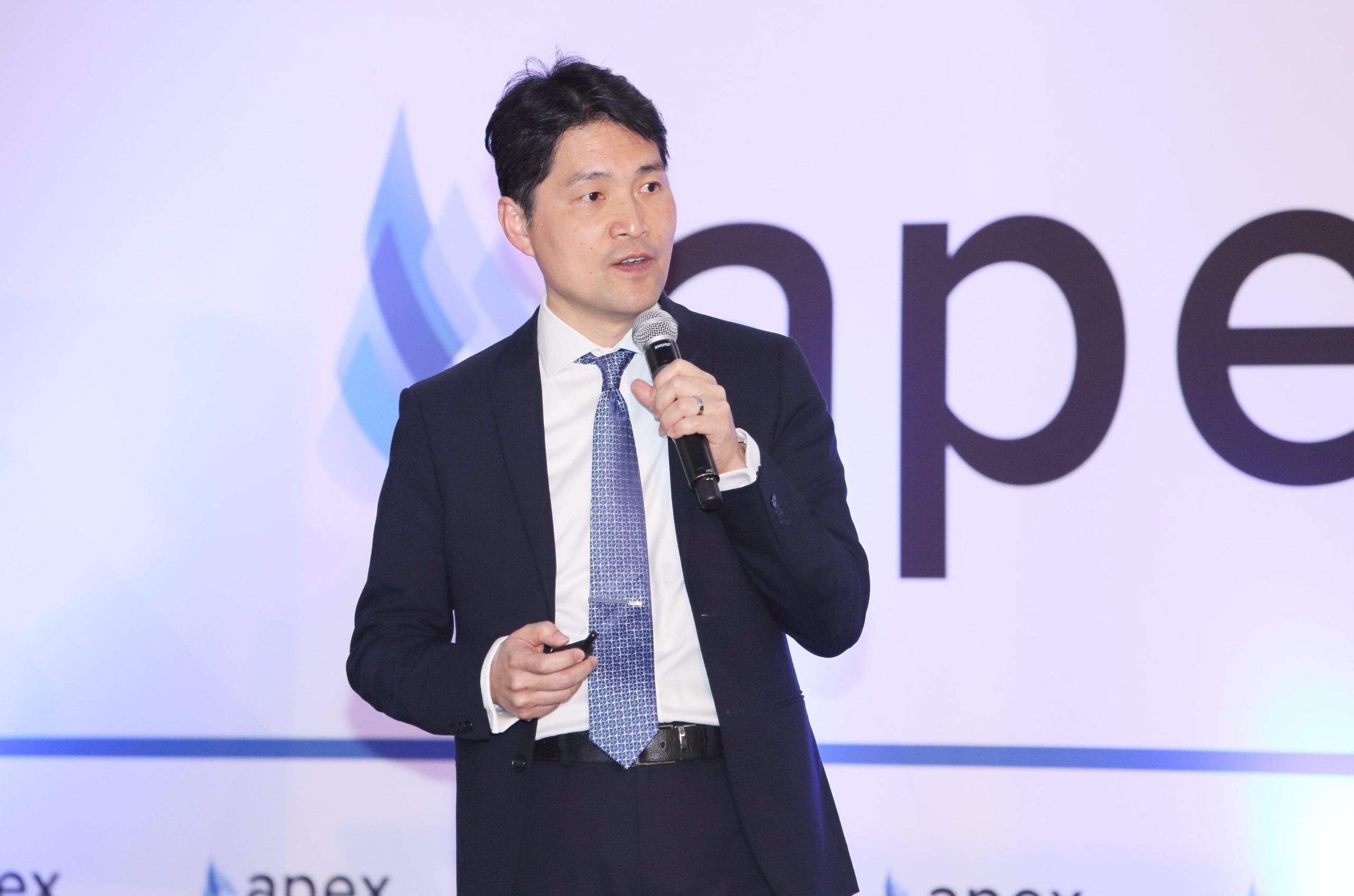JAL Focuses on Technology As Tokyo 2020 Olympics Approach
Share

The 2020 Olympics are a chance for Japan to shine. Multiple Asian carriers are ramping up their offerings ahead of the event, Japan Airlines (JAL) included.
Speaking at the APEX TECH conference in Los Angeles this week, JAL’s VP Global Marketing, and APEX board member, Akira Mitsumasu, described how the airline is using technology to refresh its end-to-end travel experience.
On the product side, Mitsumasu highlighted the recently launched A350 domestic service and upgraded airport lobbies. More and improved kiosks should reduce wait time at check-in, as should an expanded bag drop area in most major Japanese airports. Later this year, the carrier expects to implement the One ID biometric-based identity management concept, supported by IATA. This allows passengers to self-register at check-in with a photo. For the rest of the airport experience, they will be able to use facial recognition systems rather than boarding passes and ID cards to pass through the terminal.
The carrier is also looking at ways to drive improvements in revenue through better data analytics and social engineering. It is expanding the options available for passengers to upgrade to the premium economy. Mitsumasu described JAL’s prior efforts on this front, using IBM Watson’s big data capabilities to “create a model to identify the propensity for passengers to pay for an upgrade.” Tweaking that algorithm allowed the carrier to eke out extra revenue, but the offers were only available at the airport.
.@JAL_Official_jp
VP Global Mktg. Akira Mitsumasu says JAL has worked w/ @IBMWatson to identify pax with highest potential to upgrade to Prem-Eco or Biz Class (2019)& will this year implement solution for pax to bid for these upgrades. #APEXTECH #marketing pic.twitter.com/54KTtxZOQQ— APEX (@theAPEXassoc) January 29, 2020
Moving forward, the company will combine some of that research with an implementation of the Optiontown upgrade bidding platform. Economy-class passengers can make offers higher than what the Watson data suggests the minimum offer should be, allowing the company to increase its revenue on those upgrades. The gamification aspect of the bidding is also likely to drive the bid numbers higher.
It is not only about increasing revenue, according to Mitsumasu. “The intention is not to squeeze more revenue, but ideally to offer something that is relevant at the right time.” He notes that many leisure passengers are heavily price sensitive at the initial booking phase, weeks to months before travel. As the day of travel approaches, passengers “can come up with all sorts of excuses” for a splurge. That behavioral shift is something the carrier hopes to capitalize on. Mitsumasu describes an opportunity to “re-propose offerings to customers that would not have done it a month ago but find it extremely relevant now.”
Read more coverage from APEX TECH January 2020.


